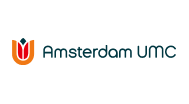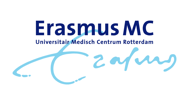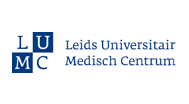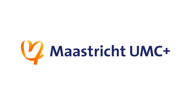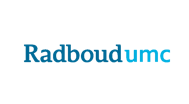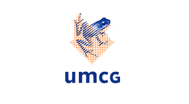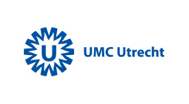About the umcs
The umcs fulfil a societal, central and active role in Dutch healthcare. This derives from their public function, the availability of their public infrastructure and their organizational capacity. They carry out that role enthusiastically, and together. They promote everyone’s health and the Netherlands as a knowledge economy, for the life of tomorrow.
Along with their hospital function, the umcs have three other public tasks: caring for tertiary referral patients, conducting scientific research and training the healthcare professionals of the future. The embedding of science and training in the most complex care distinguishes the umcs from top clinic and general hospitals. With their intensive collaboration, the umcs are even more capable of treating their patients according to the latest insights of medical science, training caregivers to be oriented towards the future, and conducting world-class research.
The way in which the umcs are organised enables the entire research cycle to be fulfilled. And they are successful: the umcs are responsible for 40% of the total scientific output in the Netherlands. They contribute greatly to the Netherlands as a ‘knowledge country’. In the scientific field they are among the best in the world.
The role of the umcs as a driver of knowledge is extremely important. They ensure that this knowledge is applied to keep the general public healthy and to innovate healthcare. To realise this, they train the healthcare professionals of the future, to ensure there is sufficient knowledge and expertise to make the healthcare system ‘resilient’ and sustainable.
The umcs are among the largest employers in the Netherlands: around 79,000 people work in the umcs. For each umc employee there are another two employees working with the umc. In total, thus, about 225,000 jobs are tied up in and around the umcs. The economic impact of the umcs is great. They also exert a great influence on healthcare and the public health through spin-offs, startups and other innovative developments.
Innovation, technology, care, education, welfare and prevention: they are inextricably linked. The organisational capacity of the umcs is large; they work in these fields together with other healthcare and scientific organisations on the regional, national and international levels.


